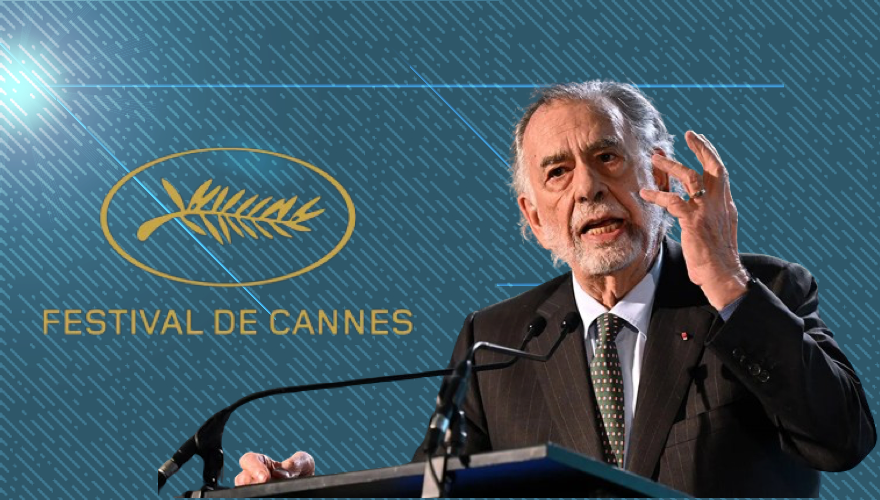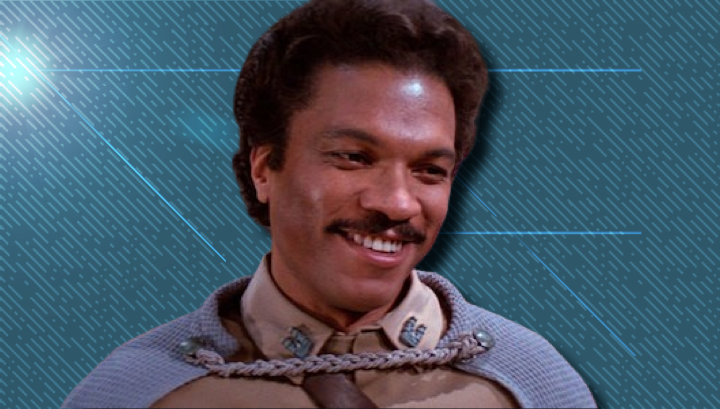Legendary filmmaker Francis Ford Coppola’s self-funded epic Megalopolis has secured a world premiere in competition at the Cannes Film Festival.
The five-time Academy Award-winning director, who sold a large portion of his wine empire in 2021, paid $120 million out-of-pocket to finance the project, which he has been gradually working on for nearly 40 years.
The film’s premiere at the 77th edition of the Festival de Cannes will mark the 84-year-old director’s most noteworthy return to the Palais since he won the Palm d’Or for best film after screening a rough cut of Apocalypse Now in 1979.
Though the full lineup will not be announced until April 11, Deadline reports Megalopolis will screen on Friday, May 17. Francis Ford Coppola’s #Megalopolis has received the gala premiere slot at Cannes for a May 17 debut and that it will play in competition. https://t.co/X3IIKB6FkP
— IndieWire (@IndieWire) April 10, 2024
“[The film] was shown to buyers for the first time at the Universal City Walk Imax Theater on March 28,” the outlet reports. “Coppola’s longtime attorney Barry Hirsch is still in talks to secure a distribution partner for a film that will reach audiences in the fall, with an emphasis on Imax theaters.”
According to an April 8 account from The Hollywood Reporter, the screening, which was attended by executives from NBCUniversal, Sony, Disney, Warnes Bros. and Netflix, did not go well enough for the film to land a distribution deal.
“There is just no way to position this movie,” one distributor said.
One studio head referred to it as “some kind of indie experiment” that might ultimately land with a streaming service.
“It’s so not good, and it was so sad watching it,” said another studio head. “Anybody who puts P&A [prints and advertising, including all marketing] behind it, you’re going to lose money. This is not how Coppola should end his directing career.”
The Hollywood Reporter speculated that boutique labels like A24 and Neon would not be able to finance the kind of full-fledged marketing campaign that Coppola imagined.
“One source tells THR that Coppola assumed he would make a deal very quickly, and that a studio would happily commit to a massive P&A … spend in the vicinity of $40 million domestically, and $80 million to $100 million globally,” the outlet writes.
X users have lamented over Coppola’s struggle to secure a distributor, suggesting this is a sign that renowned filmmakers like him – as well as David Lynch and John Waters, who have struggled to realize recent projects – are no longer welcome in the current IP-focused film industry. We live in a world where David Lynch can't get funding for his animated project, "Snootworld" & Francis Ford Coppola struggling to get distribution rights for his dream movie "Megalopolis"; while Hollywood studios make their uninteresting remakes & sequels. https://t.co/HEt9bXc30T John Waters needs funding for Liarmouth. David Lynch and John Water can't find funds for their next film. And Francis Ford Coppola can't find distributors for megalopolis. I'm currently praying A24 notices. SOMEONE FUND THEIR MOVIES pic.twitter.com/SM08zIybEz When You Realized That Directors Like David Lynch and Francis Ford Coppola Aren't Giving The Respect They Deserve But These Comic Book Movies and CGI Heavy Films Are Giving Are Like Gold Mine to These Studios. #DavidLynch #JohnWaters #FrancisFordCoppola #Megalopolis https://t.co/kZ7w413hWG
— DepressedBergman (@DannyDrinksWine) April 9, 2024
David Lynch needs funding for his animated movie.
Coppola needs a distributor for Megalopolis.
What the hell is happening in Hollywood?
— Andrew Mohrman - Release Coyote vs ACME (@andrew_mohrman) April 8, 2024
— bludyn0s3 (@WR0NGWAYDUDE) April 9, 2024
— Hunter South (@HunterSout89908) April 9, 2024
IndieWire reports: “Megalopolis centers on the destruction of a utopian society that struggles with adapting to the future. Cesar, an architectural idealist played by Adam Driver, clashes with city mayor Frank Cicero (Giancarlo Esposito), while the mayor’s daughter, Julia (Nathalie Emmanuel), becomes caught between both warring powers. The ensemble cast includes Aubrey Plaza, Shia LaBeouf, Jon Voight, Laurence Fishburne, Chloe Fineman, Kathryn Hunter, Dustin Hoffman, D.B. Sweeney, Jason Schwartzman, Baily Ives, Grace Vanderwaal, and James Remar.”
Throughout his career, Coppola has had mixed results when it came to funding his own efforts.
Though Apocalypse Now cost about $40 million – half of which Coppola paid out-of-pocket – it grossed $80 million worldwide. However, the director’s 1982 musical One From the Heart earned only $982,492 at the box office against a $26 million budget. Facing a debt of $30 million owed to Chase Manhattan, Coppola was forced to put up his production company, Zoetrope Studios, for sale shortly after the movie's abbreviated run.
“After he lost Zoetrope Studios, Coppola, in terrible debt, was forced into directing for hire, working for money,” writes author Sam Wasson in The Path to Paradise: A Francis Ford Coppola Story. “All the while, he kept notes on the destruction of his dream. … He had amassed five volumes of notes; they would form the emotional foundation of Megalopolis.”
The author noted that Coppola still admonishes himself for certain fatal mistakes, like setting “up an ambitious change to how movies are made, and ultimately not doing it,” as well as regretting that his “amazing generation … didn’t leave the Cinema in better condition for the next generation.”
“I’m not making [Megalopolis],” the filmmaker told Wasson during production. “It’s making itself. I’m so happy, which can get me in trouble.”

